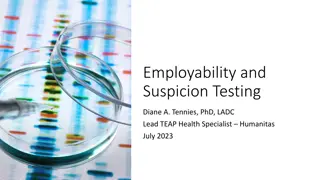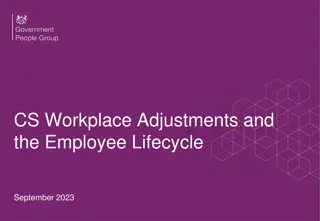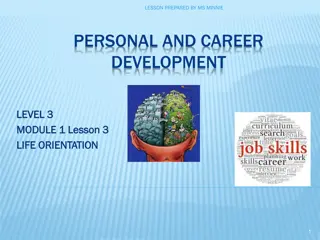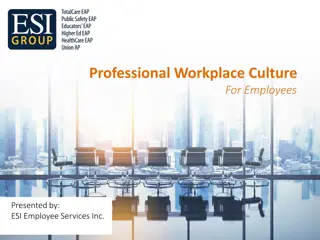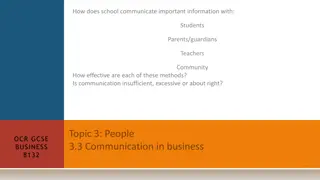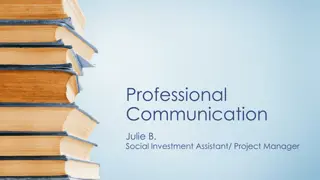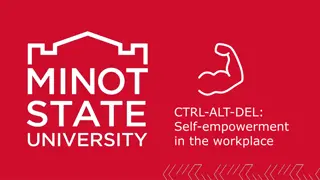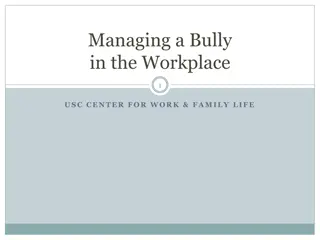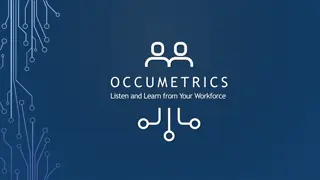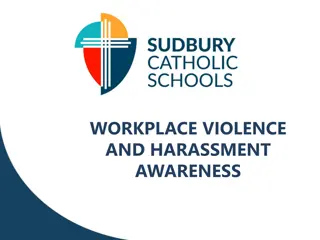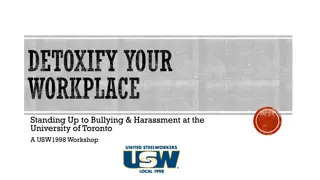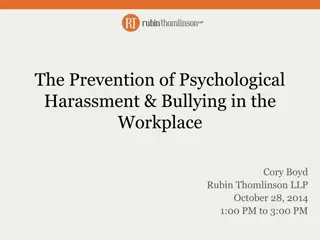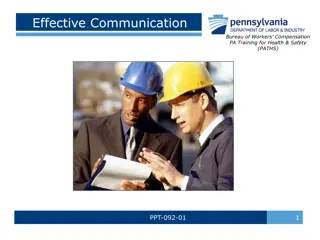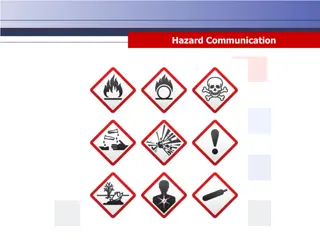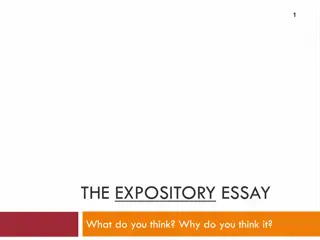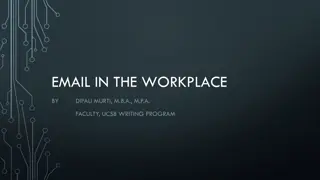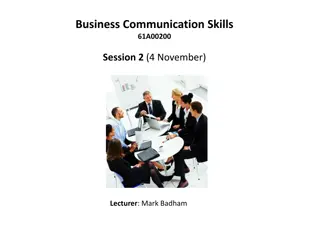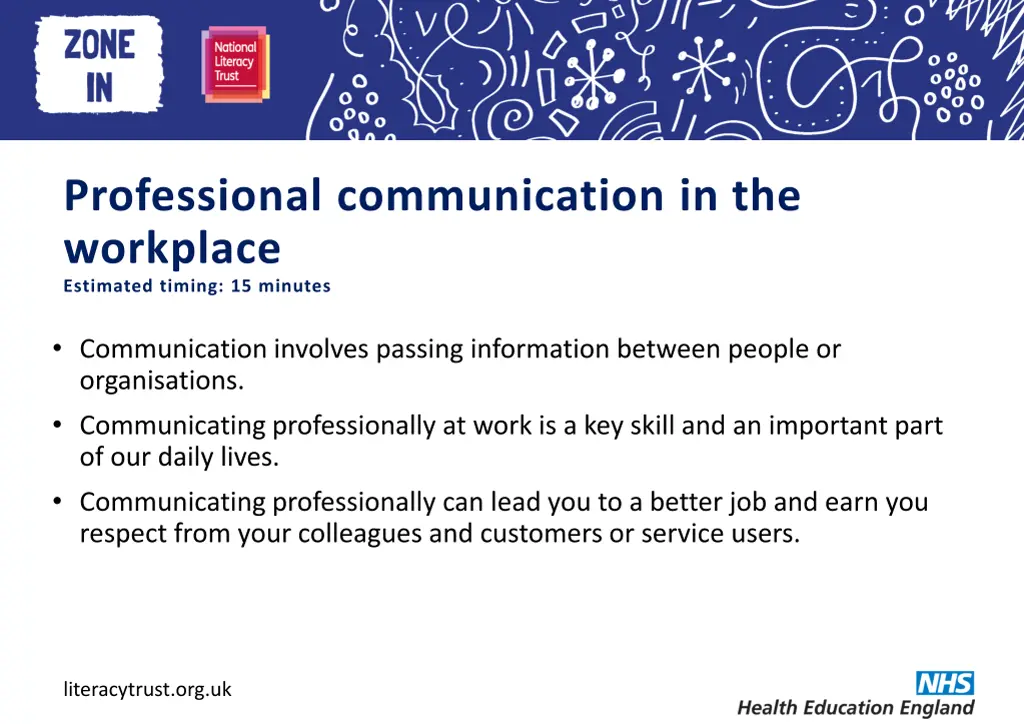
Effective Workplace Communication: Professional Tips and Strategies
Enhance your professional communication skills for success at work. Understand the importance of using appropriate language registers, formal and informal communication, and vocabulary choices. Learn how to communicate effectively in various workplace contexts and with different audiences.
Download Presentation

Please find below an Image/Link to download the presentation.
The content on the website is provided AS IS for your information and personal use only. It may not be sold, licensed, or shared on other websites without obtaining consent from the author. If you encounter any issues during the download, it is possible that the publisher has removed the file from their server.
You are allowed to download the files provided on this website for personal or commercial use, subject to the condition that they are used lawfully. All files are the property of their respective owners.
The content on the website is provided AS IS for your information and personal use only. It may not be sold, licensed, or shared on other websites without obtaining consent from the author.
E N D
Presentation Transcript
Heading here Professional communication in the workplace Estimated timing: 15 minutes Communication involves passing information between people or organisations. Communicating professionally at work is a key skill and an important part of our daily lives. Communicating professionally can lead you to a better job and earn you respect from your colleagues and customers or service users. literacytrust.org.uk 1
Heading here Professional communication in the workplace Being professional means you have the skills and attitude to be able to connect with others well in a work environment. Working within the NHS means you are part of a very respected profession, the health service. literacytrust.org.uk 2
Heading here What is professional communication? Register Register is created by the way that language and grammar are used. Hey! What s up? Good morning. How are you today? I wish to purchase some refreshment. I want to buy a drink. Register can be formal or informal. literacytrust.org.uk 3
Heading here Audience and context The register depends on situation and audience. The same person will use different registers in different contexts. In the palace with the monarch At home with family At work with a manager What time will the team meeting be? I wonder, might I be permitted to stroke the corgi? You re going to wear that, are you? More Formal Very Formal Informal literacytrust.org.uk 4
Heading here Formal We use formal language when: Talking or writing to someone we don t know, someone we work with or customers/service users. Writing non-fiction such as instructions, explanations or reports. Writing formal letters or emails. literacytrust.org.uk 5
Heading here Informal We use informal language when: Talking or writing to someone we know well. Writing letters to friends and close family. Writing emails and texts to people we know. literacytrust.org.uk 6
Heading here Formal and informal vocabulary cease stop enquire put place ask need require get inform tell obtain Formal Informal Work out what word is formal and informal literacytrust.org.uk 7
Heading here Answers Formal Place Cease Enquire Inform Require Obtain Informal Put Stop Ask Tell Need Get There is nothing wrong with these examples of informal language. If you need help making your writing more formal, you could consider using some of the more formal examples. literacytrust.org.uk 8

